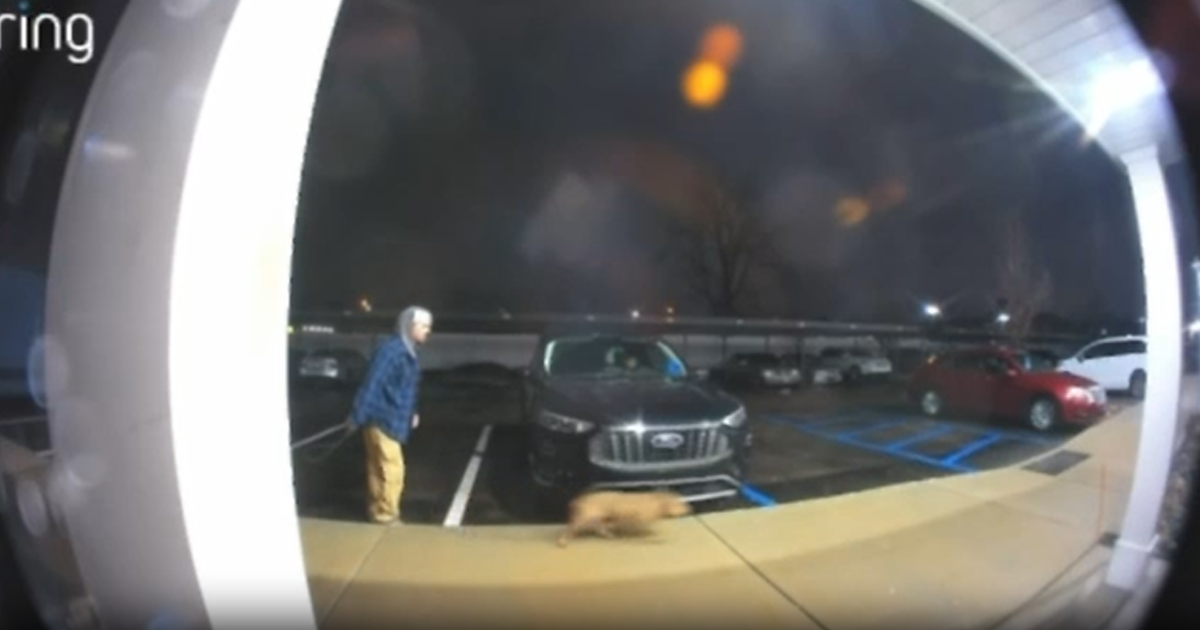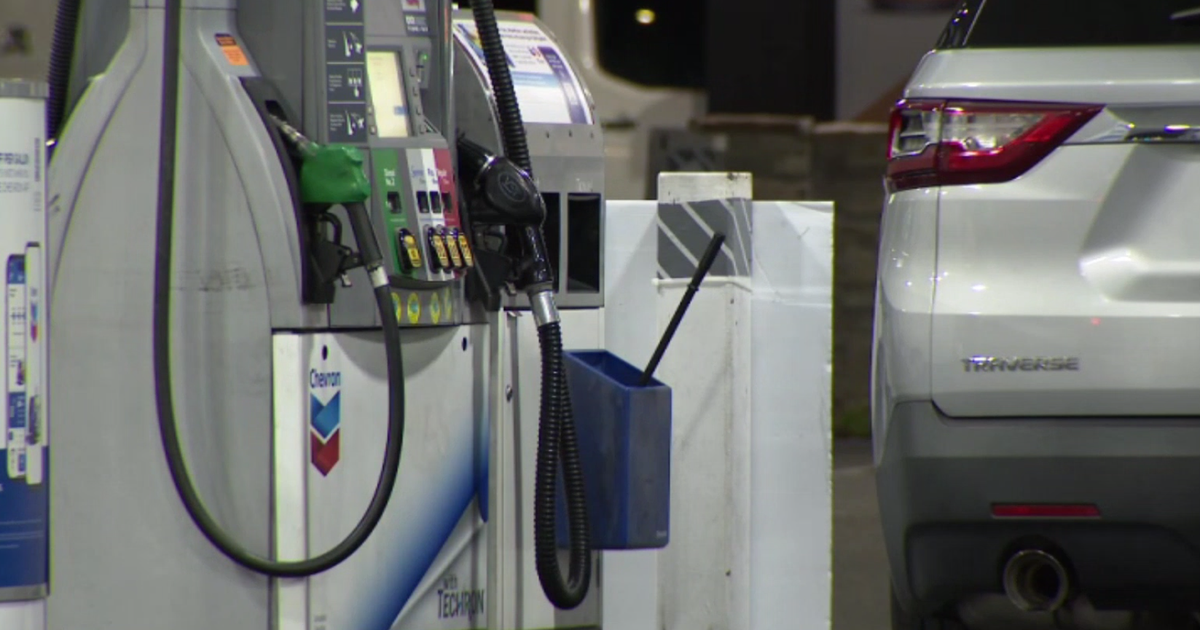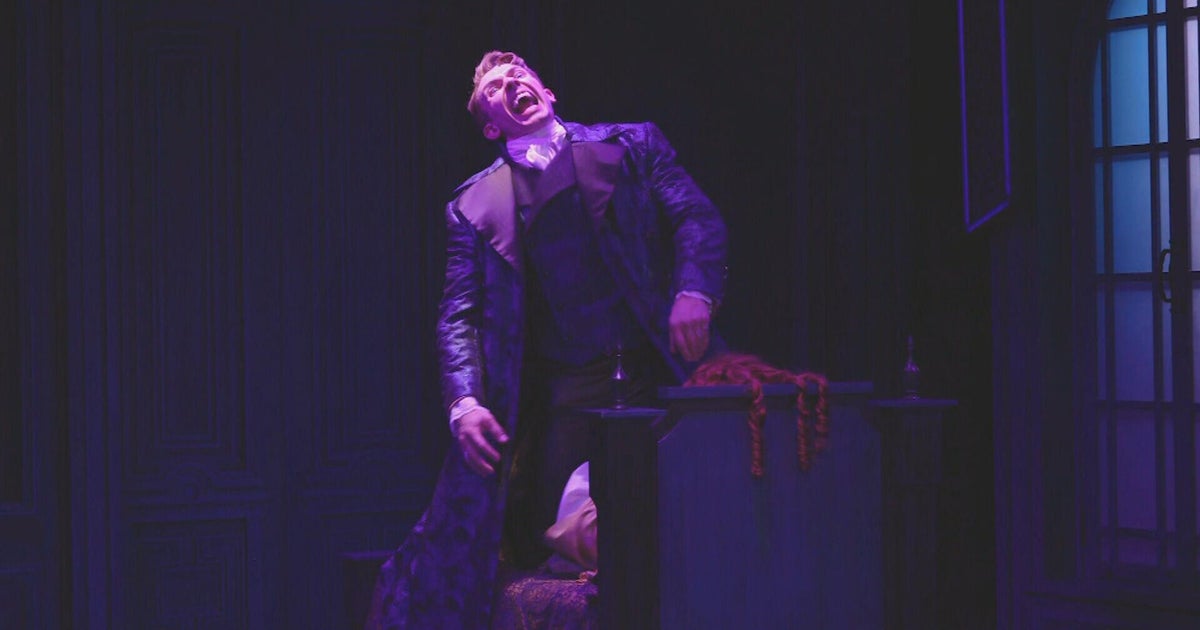TikTok is full of budgeting and other financial tips. Can they boost your financial IQ?
Younger U.S. adults are flocking to social media for advice on how to handle their money, seeking and sharing information on a range of personal finance topics, or sometimes just commiserating about the kind of financial challenges Gen-Zers and millennials face.
On TikTok, videos from content creators touting money-saving strategies such as "loud budgeting," "frugal February" and the "100 envelope challenge" have garnered millions of views, belying common complaints from older generations that younger Americans don't pay enough attention to pocketbook issues.
The videos are a departure from traditional personal finance coverage in mainstream media outlets. The tone is generally conversational, irreverent and even sassy, while leaning into the lo-fi confessional style embraced by many younger people on social media that puts a premium on authenticity and even vulnerability.
A recent survey from Forbes Advisor found that roughly 80% millennials and-Gen Zers report having turned to social media platforms including TikTok, Instagram, Reddit and YouTube for financial advice. By contrast, 35% said they sought out family members for such guidance, and only 11% said they had consulted a financial adviser.
Not surprisingly, scores of certified financial planners and other financial experts have followed this migration and today post their own content on social media. Yet plenty of content creators also appear to be peddling "get rich quick" schemes and otherwise offering mostly useless, and even dubious, money advice.
"A lot of these trends are gimmicky, creative ways to get people to save, but they are not all sound. So it depends on the trend, but overall they are getting people to start thinking about saving which is a good thing," said Ben McLaughlin, president and chief marketing officer of savings platform Raisin.
Read on to learn about some of the most popular personal finance tips circulating on TikTok, and what experts make of them.
What is "loud budgeting"?
Popularized by TikTok creator Lukas Battle, "loud budgeting" refers to the practice of openly espousing the time-honored financial principle of frugality, as well as publicly committing to staying within a self-prescribed budget.
"It's not, 'I don't have enough.' It's, 'I don't want to spend,'" Battle told CBS MoneyWatch.
@lukasbattle Replying to @operelly LOUD BUDGETING IS THE NEW 2024 trend
♬ original sound - Lukas Battle
He also presented a real-life, if slightly tongue-in-cheek, scenario to illustrate how to put the concept of loud budgeting into practice: "If your friend texts you, 'I want to hang out.' You say, 'I don't want to spend gas money on coming to you to hear you talk about your ex for three hours.'"
The core message, in short—reject invitations to events or activities that cost more that you can afford.
See Managing Your Money for financial tips
- How much can you make with a 5% CD interest rate?
- 3 of the best side hustles to consider right now
- 3 account types to open with interest rates on hold
- Is the Apple savings account worth opening in 2024?
- How to escape the credit card debt trap: 6 ways to get out of debt faster
While agreeing that it's wise not to overspend, some experts said that declining any and all social invitations as Battle suggests might not be the most effective way to learn budgeting skills.
"I think it kind of makes one look cheap — it's a little bit negative and probably not best way to get dates," economist Michael Szanto told CBS MoneyWatch. "Good budgeting rests upon being clever and frugal, and one can choose to go to free events rather than those that are expensive. I don't think saying that you can only pay for this or that on TikTok is very empowering, and I doubt loud budgeting is going to be a lasting phenomenon."
Another take on the approach comes from Ben Markley, a personal finance educator and content creator for budgeting platform YNAB. In contrast to the nakedly consumerist notion of "quiet luxury," or flaunting your spending, loud budgeting is about proudly and openly sharing with others how much you can save.
"It's loudly stating that you are on a budget," he said. "It's saying, 'I am not going out to dinner with you because I have a $1,500 rent payment to make. It's being very explicit about your priorities rather than doing whatever sounds fun at the time."
Markley also said he's a fan of the trend because it's helping to make talking about money less taboo.
"I absolutely love that people are talking about being more forthcoming with their priorities and having more conversations about money," he said.
The downside, Markley believes, is that "99% of people who say they are going to do this are not."
"That's because our desire to belong and be accepted is more fundamental to our well-being than our desire to self-actualize and improve," he said. "So I don't really see it as a solution, but rather as a sassy form of restriction."
What is "Frugal February"?
Another trend taking off on TikTok is "Frugal February," which promotes belt-tightening early in the year. Some TikTok content creators are participating in "no buy" challenges by creating lists of things they won't purchase during the second month of the year. Others are swapping meals out for cooking at home.
Raisin's McLaughlin approves of the concept. "It's great because it forces someone to think about what they want to plan and commit to. It makes them look at their expenses and figure out which ones are necessary, and reset the financial clock."
But Szanto, the economist, warned against falling into the trap of practicing frugality for one month, only to spend recklessly the rest of the year.
"Being frugal and budget-conscious is a really good strategy, but we should make every month a frugal month. It's similar to the idea of 'dry January.' If you're going to be a drunk the rest of the year, you are in trouble," he said.
The "100 envelope" challenge
Other TikTokers promote a 100-day savings challenge that requires depositing different amounts of money into paper or plastic envelopes, starting with $1 and leading up to $100 on the last day of the challenge. That could yield up to $5,050 in savings overall.
A video by creator Grace Marie describing the challenge has been viewed 38 million times on TikTok. A number of other videos demonstrate the same technique.
@givethemgrace Save $5,050 with this adorable book!🩷 This makes saving money so much eaiser as its out of site out of mind! Get it now in my tik tok shop🥰 #envelopechallenge #envelopesavingschallenge #tiktokshop
♬ original sound - Grace Marie
It can be a handy way to save money, but it also can have downsides. Most notably, cash-stuffed envelopes don't collect interest like money in a savings account or invested in a CD would. And with the growing number of retailers no longer accepting cash, it can be impractical.
"It's too old school," Szanto said. "I don't think people should be going around with that much cash."
YNAB's Markley applauds the intention, but noted that saving without explicit financial goals can be demotivating. He thinks it's better to explicitly identify expenses, like car payments or eating out, that you want to save for.
McLaughlin added that savings accounts make much better investing vehicles than envelopes.
"They are easy to access, and interest rates are high. Now is a perfect time to open one up, earn over 5% interest and watch that money grow over time," he said. "That's guaranteed money you're getting, and it's extremely safe."







